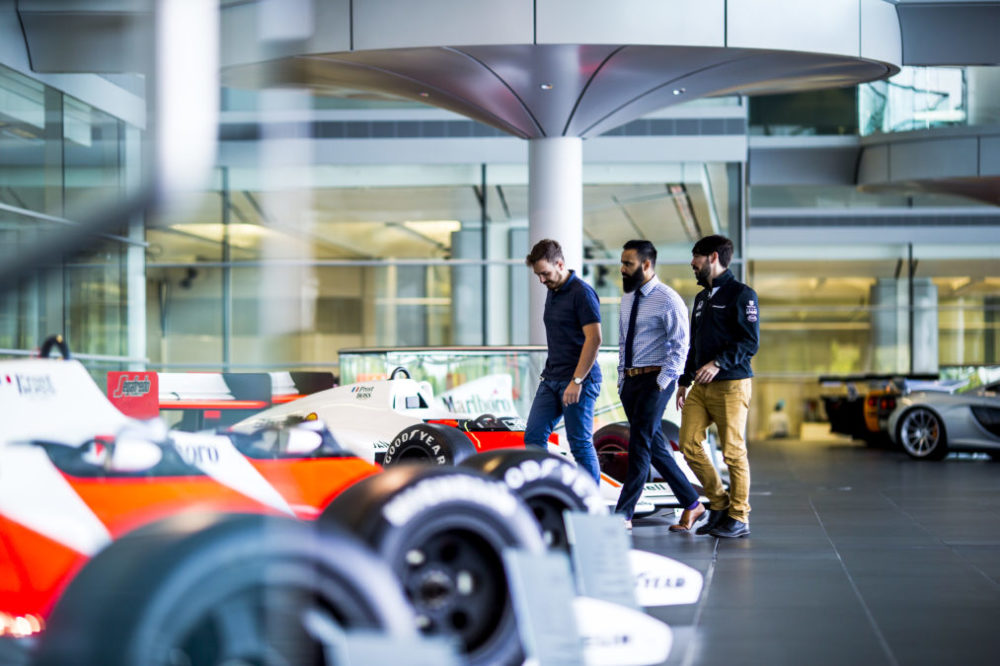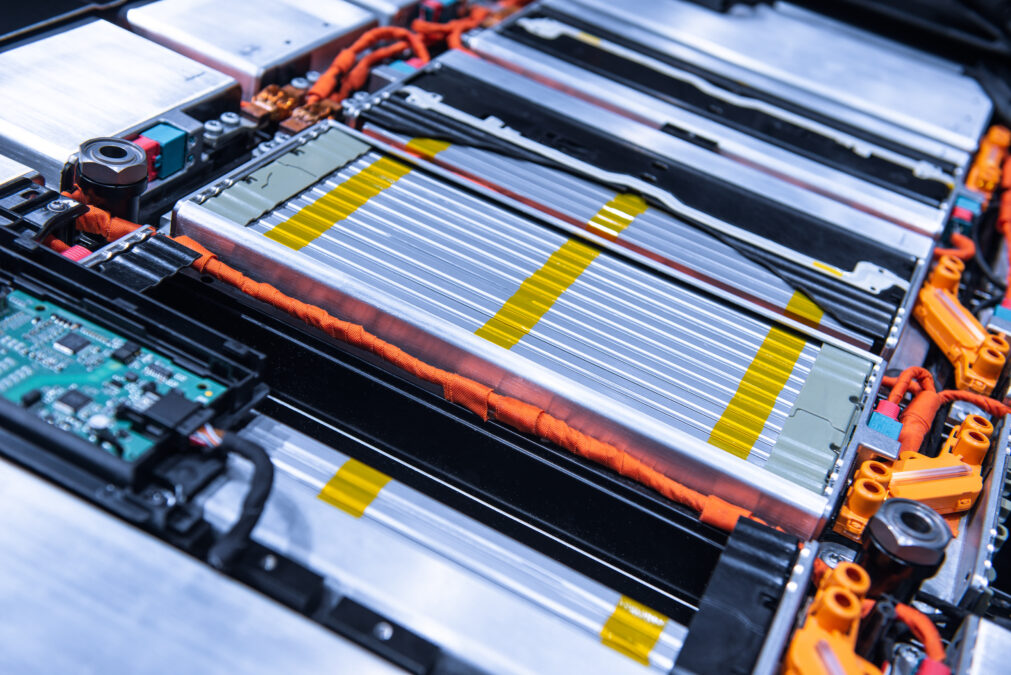To most people, McLaren is best known for the years it has spent competing in Formula 1.
Since 1963, McLaren has been innovating in this competitive world, earning a formidable reputation which has seen its racing team win 20 World Championships and over 180 races.
Information Age recently took a tour of the McLaren Technology Centre, in Woking, England, for ITSB 2018, where it designs, manufactures and supports the two F1 cars that race around the world every year. Such is the relentless nature of the sport, according to Sam Price, IT Director of McLaren, these cars are both constant prototypes – over 85% of their components change between the beginning of the season to the end.
What is digital transformation in business: Everything you need to know
Data driving success: Mercedes-AMG Petronas Motorsport team gains Competitive Data Edge with Rubrik
Off-track
Despite racing being their halo brand, on a headcount basis, racing now is less than 20% of our employees. Over the last few years, most of its growth has been driven off-track by its subsidiaries, McLaren Automotive and McLaren Applied Technologies (MAT).
“Our applied technology division takes the skills learnt from disruptive and competitive Formula 1 and uses them to innovate and disrupt other industries,” explained Price “be it public transport, healthcare or the automotive sector.”

MAT has taken its Formula 1 technology in sensors, visualisation, and real-time operational interventions to maximise availability and multi-modal interconnectivity for public transport infrastructures all over the world. They recently collaborated with Singapore Mass Rapid Transit (SMRT), Asia’s premier multi-modal land transport provider, to improve customer satisfaction and develop intelligent maintenance to optimise train performance by detecting and rectifying emerging defects early.
McLaren also wants to reduce health inequality, transform surgical outcomes and improve lives by developing data-driven healthcare solutions based on decades of experience at the forefront of the world’s most data-intensive performance sport.
Digital transformation
Given the abundance of innovation resulting from McLaren and racing, it does make sense that they appeal to markets outside of their core world.
According to Price, even though technology is a business fundamental, it was their digital transformation journey which really helped them diversify.
“A great example of how this transformation impacted our business is how it empowered the technology underpinning our racing team. On each Formula 1 car there can be up to 300 sensors that communicate from once per lap to 150 times a second. That data which reached terabytes per race is now sent via a hyper-converged infrastructure from the pitlane garage to engineers, strategists and drivers.
“That trackside infrastructure has to be robust enough to be installed operated and then moved to over 21 global locations. The same data is transferred in real-time back here to the McLaren Production Centre. Within the cool calm centre of our mission control, the data becomes the driving force behind our simulations, strategy options and data-driven precisions. This system of data-driven collaboration relays on our cloud-based apps and infrastructure and storage solutions.”
“In McLaren, regarding IT, we look to apply these principles across our group and have found that it can be applied to many other businesses. Organisations looking to use live consumer or supply chain information and provide platforms for data-driven decision making can benefit from these solutions. We can help teams on the ground to access the necessary control points to collaborate seamlessly.”
Digital transformation – What’s next for business’ biggest buzzword?
Co-drivers
Price added: “To move from that old world of operating to the new cloud and app-driven world we all need partners and McLaren partner with those organisations that demonstrate the same commitment to pace, flexibility and attention to detail. IT lab, was a key partner for us on this journey as they shared many of our core values.”
“Their adaptive technology model provides an excellent way to navigate through the complexities of changing culture during a digital transformation.”
IT Lab is now an important and strategic provider of technology services to the McLaren Technology Centre and a core part of McLaren’s overall technology delivery.
Smart car: Who will win in the battle for the data centre on wheels







